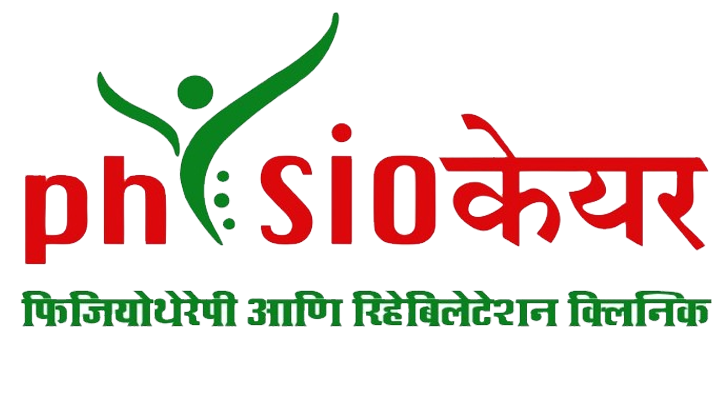
Cerebral Palsy (CP) is a group of disorders that affect movement and muscle coordination. Physiotherapy plays a crucial role in the management and improvement of the physical abilities of children with CP. The goals of physiotherapy for CP children typically include improving motor skills, enhancing muscle strength and flexibility, promoting independence in daily activities, and maximizing overall function. Here are some common physiotherapy interventions for children with CP:
Assessment and Goal Setting:
- A thorough assessment is conducted to understand the child's specific needs, strengths, and challenges.
- Goals are established collaboratively with the child and their family, taking into account the child's age, level of function, and individualized needs.
Range of Motion Exercises:
- Gentle stretching exercises are used to improve flexibility and prevent contractures (permanent shortening of muscles).
- Range of motion exercises help maintain joint mobility and reduce the risk of muscle tightness.
Strength Training:
- Targeted exercises aim to strengthen weak muscles and improve overall muscle tone.
- Resistance training, using body weight or resistance bands, may be incorporated to build muscle strength.
Balance and Coordination Training:
- Activities that challenge balance and coordination are designed to improve these skills.
- Balance exercises may include standing on one leg, walking on different surfaces, or using stability balls.
Gait Training:
- Specific exercises and activities are employed to improve walking patterns.
- Assistive devices such as walkers or orthotics may be recommended to support independent mobility.
Functional Training:
- Activities are tailored to enhance the child's ability to perform daily tasks independently.
- This may include activities like dressing, grooming, and other self-care tasks.
Adaptive Equipment and Assistive Devices:
- Physiotherapists may recommend the use of supportive devices or adaptive equipment to facilitate movement and independence.
- Orthoses, braces, or specialized seating systems are examples of such assistive devices.
Aquatic Therapy:
- Water-based exercises in a controlled environment can provide a supportive and low-impact way to work on strength, flexibility, and coordination.
Neurodevelopmental Therapy (NDT) or Bobath Approach:
- This is a specialized approach that focuses on normalizing movement patterns and promoting postural control.
Parent/Caregiver Education:
- Educating parents and caregivers on techniques and exercises to continue at home is an essential part of the physiotherapy process.
It's crucial to note that each child with CP is unique, and physiotherapy programs should be tailored to their individual needs. Additionally, a multidisciplinary approach involving occupational therapy, speech therapy, and other healthcare professionals may be beneficial in addressing the various aspects of a child's development and well-being. Regular communication and collaboration between the physiotherapist, child, and family are key components of a successful physiotherapy program for children with CP.
If you are looking for physiotherapy the contact Physiokare which is situated in Badlapur West.
